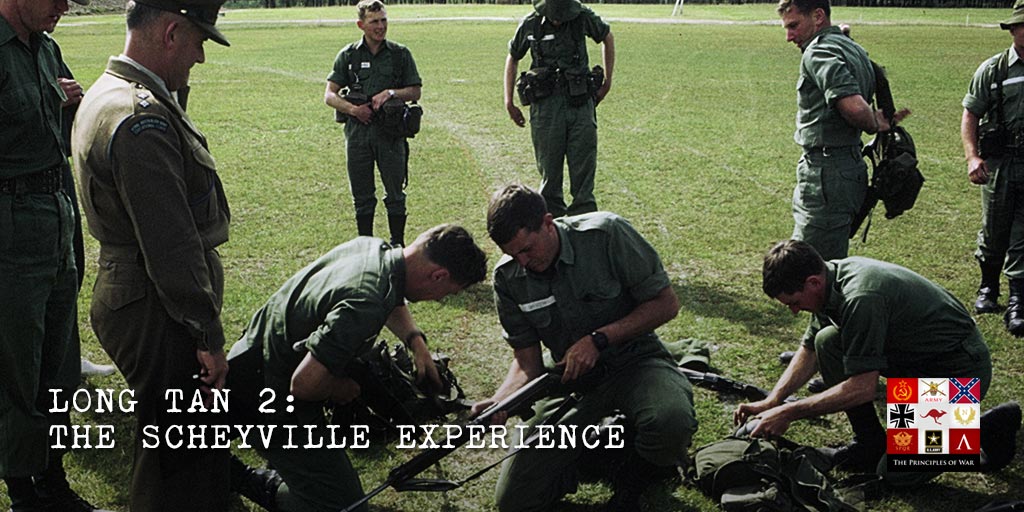If you are viewing this page on a Secured Network, you will not be able to see the webpage podcast player, so the best way to listen to the podcast is either on this page from a civilian PC, visit this page on your mobile phone or download the podcast episode either on an Android podcast player like Castbox or Podcast Addict or on the Apple Podcasts Player from iTunes.
As more women serve in Western democratic militaries, we look at the history of women in the military, with a focus on Soviet women and their contribution the winning the Great Patriotic War.
History of women serving in the Military
The Australian Army has a history that starts with women serving in 1899 in the Army Nursing Service Reserve was established as a part of the NSW Army Medical Corps. In 1900 14 nurses served in the Boer War.
We look at Svetlana Alexievich’s book, “The Unwomanly Face of War”. It is an oral history of women who served in the defence of the Soviet Union in the Great Patriotic War.
We look at the service of women in the Air Transport Auxillary as a part of the British war effort in WW2 and how Mary Ellis flew the spitfire. Mary conducted over 1,000 ferry missions. She also flew the Wellington Bomber, and after the war the Gloster Meteor. Despite the desperate times of the Battle of Britain, women did not fly combat missions,
Why wasn’t Mary Ellis allowed to fly combat missions during the Battle of Britain? We compare Mary’s service with that of Natalya Meklin, a PO2 pilot who flew 800 combat missions as a part of the 588th Night Bomber Regiment, which the Germans referred to as the Nacht Hexen.
The Unwomanly Face of War by Svetlana Alexievich
The Unwomanly Face of War received a Nobel Prize for Literature. Svetlana interviewed woman from all facets of the defence of the Soviet Union. Around 800,000 women served in the Soviet Military and the Soviet military suffered somewhere between 7,000,000 and 13,000,000 deaths. The 1937 census showed around 162 million people in the Soviet Union. The census showed 2.5% of the population were meant to be imprisoned in the Gulags. There is a very interesting story about the census, and what happens when your census goes wrong.
How did the participation of women in the defence impact readiness and how did their service impact the moral centre of gravity.
Female Pilots in the Air Force
The Soviet Union had some infrastructure for the training of pilots, with a number of flying and gliding schools. The PO2 was a wooden biplane and it is the largest mass produced wooden biplane in history, which was designed in 1928. It’s maximum speed was below the stall speed of the Me 109. The pilots would sometimes fly 8 sorties a night. The work that Natalya Meklin received the Hero of the Soviet Union after flying 840 sorties. Twenty other female pilots of the Nacht Hexen received the Hero of the Soviet Union.
How did the fighting of a Total War impact the manner of fighting between the Soviet and German forces. Especially in the Eastern parts of the Soviet Union, initially, the Germans were viewed as saviours from the tyranny of the Stalin’s regime.
Join the conversation on Twitter or Facebook.
If you’ve learnt something from today’s podcast, please leave a review for the Podcast on your podcast player.






